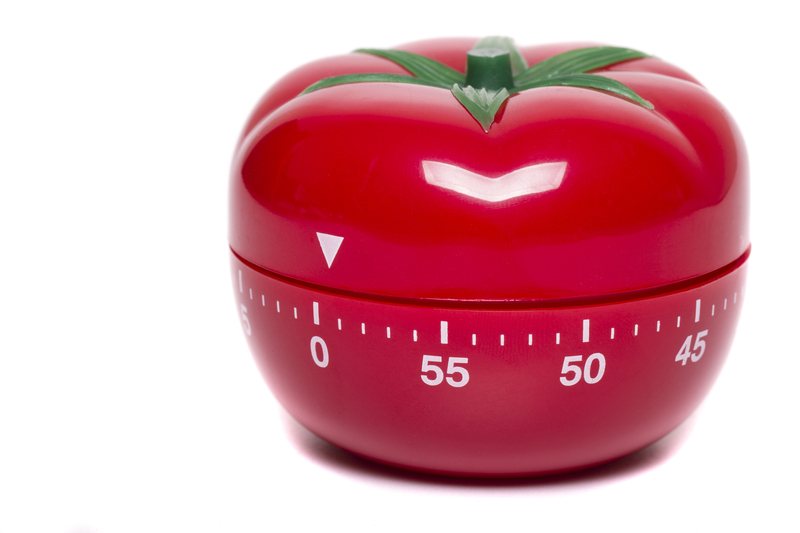Best Ways to Wash Window Screens
Posted on 01/08/2024
Keeping your window screens clean is essential for maintaining a clear view, preventing allergens, and prolonging their lifespan. However, washing window screens can seem like a daunting task if you don't know the best methods. This comprehensive guide will walk you through the best ways to wash window screens to ensure they stay in prime condition.
Why It's Important to Clean Window Screens
Before diving into the cleaning tips, understanding the significance of clean window screens can serve as a motivator. Dirty screens can accumulate pollen, dust, and other pollutants that can negatively impact indoor air quality. Clean screens enhance the overall aesthetics of your home and improve airflow.

Materials You Will Need
To effectively clean your window screens, you will need the following materials:
- A soft-bristle brush
- Dish soap or a mild detergent
- A hose or a bucket of water
- A soft cloth or sponge
- A vacuum cleaner with a brush attachment
Step-by-Step Guide to Washing Window Screens
1. Remove the Screens
Before you begin the cleaning process, carefully remove the window screens from their frames. Lay them flat on a clean surface like a driveway or a deck.
2. Vacuum the Screens
Use a vacuum cleaner with a brush attachment to remove loose dirt and debris from both sides of the screens. This step is essential to make the subsequent washing more effective.
3. Prepare Your Cleaning Solution
Mix a few drops of dish soap or mild detergent in a bucket of lukewarm water. Avoid using harsh chemicals as they can damage the screen material.
4. Scrub the Screens
Dip a soft-bristle brush in the soapy solution and gently scrub the screens. Pay extra attention to the corners and edges where dirt tends to accumulate. Use a circular motion to ensure thorough cleaning.
5. Rinse the Screens
Use a hose to rinse off the soap from the screens. If a hose is not available, you can use a bucket of clean water and a sponge. Ensure that all the soap is washed away to prevent residue from attracting more dirt.
6. Dry the Screens
Shake off excess water and let the screens air dry completely before reinstalling them. You can place them in a sunny spot to speed up the drying process. Alternatively, use a soft cloth to blot away excess water.
Tips for Maintaining Clean Window Screens
- Regularly vacuum the screens to prevent dirt buildup.
- Avoid using pressure washers as they can damage the screens.
- Perform a deep cleaning once a year to keep them in top condition.
- Inspect for any tears or damages and repair them promptly.
Pros and Cons of Cleaning Window Screens
Pros
- Improved Air Quality: Clean screens reduce the amount of allergens entering your home.
- Enhanced Appearance: Clean screens offer a clearer view and improve your home's curb appeal.
- Increased Longevity: Regular cleaning can extend the lifespan of your screens, saving you money in the long run.
Cons
- Time-Consuming: The cleaning process can be labor-intensive and time-consuming.
- Risk of Damage: Improper handling and the use of harsh chemicals can damage the screens.
- Requires Effort: Consistent maintenance requires effort and diligence.

Takeaways
Clean window screens not only improve indoor air quality but also enhance your home's appearance and prolong the lifespan of the screens. Follow a step-by-step approach for the best results.
Conclusion
Washing window screens may seem like a tedious task, but with the right materials and methods, it can be done efficiently and effectively. Regular maintenance will keep your screens looking new and functioning well for years to come. By investing a little time in cleaning your screens, you can enjoy the benefits of better air quality, a clear view, and a more appealing home.
Latest Posts
Simple Methods to Transform Your Cleaning Routine the Eco-Friendly Way
Step-by-Step Guide to Effectively Remove Grease Stains Every Time







